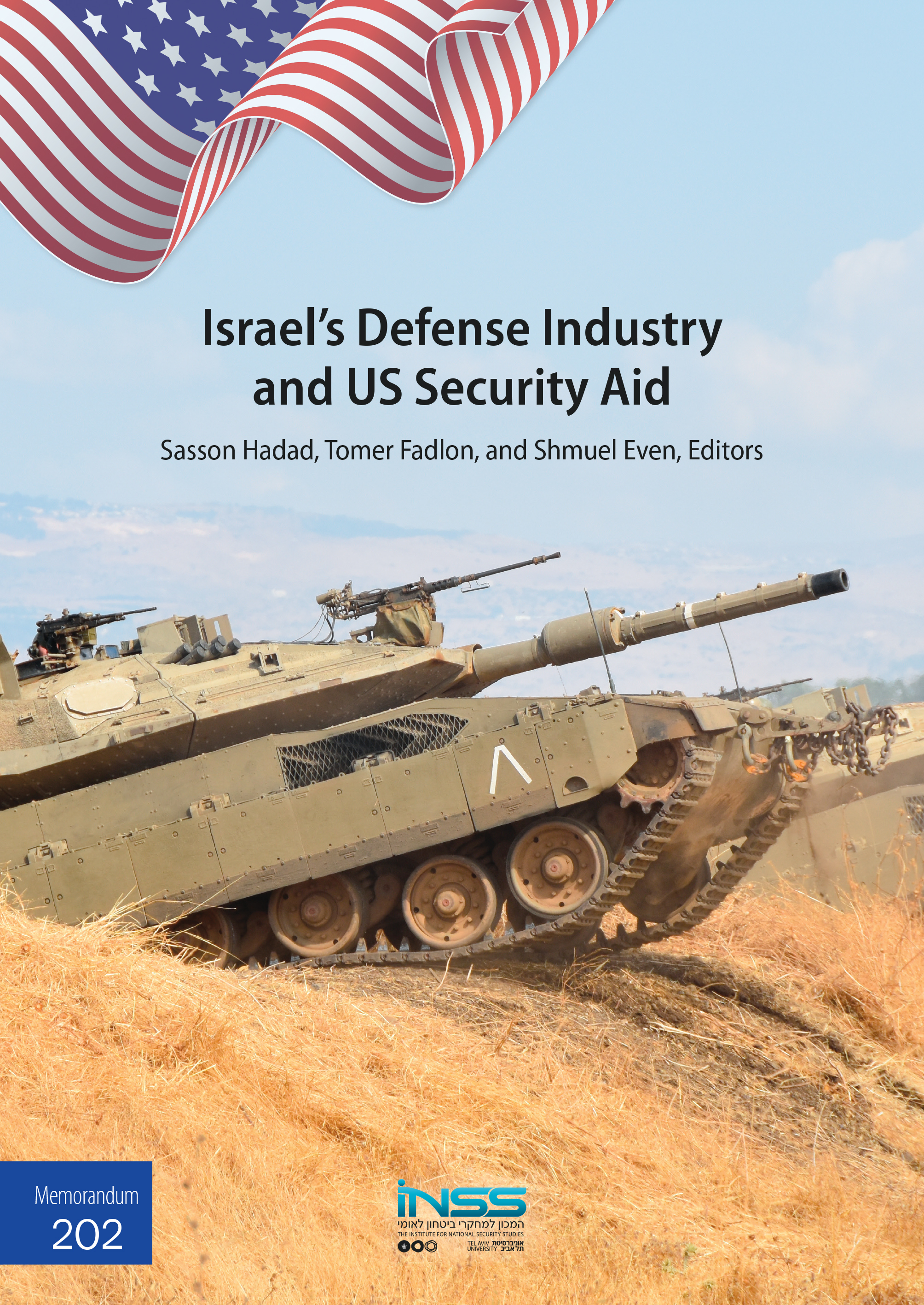Publications
Memorandum No. 202, INSS, July 2020

The defense industries are one of the cornerstones of Israel’s security. They were born of an understanding that Israel could not rely on external sources for procurement of needed materials and systems. Local production goes hand in hand with research and development in Israel, enabling the tailoring of unique weapons systems to the IDF’s changing needs, giving it advantages on the battlefield.
The IDF is widely seen as the defense industries’ central customer, and its use of the industries’ products enhances their reputation when exporting their products to countries around the world.
The defense industries rely to a great extent on orders from the Ministry of Defense, which to date have been in large part funded by converting US$815 million in American aid money into shekels for local development and procurement. According to the latest Memorandum of Understanding outlining the US military aid agreement, which covers 2019-2028, Israel’s ability to convert the aid money for use with the local industries will be gradually decreased – especially from 2025, until it ceases entirely in 2028.
As a result, the Institute for National Security Studies set up a research team in the summer of 2018 on the topic of Israel’s defense industries, with the participation of researchers from the INSS and guest experts from relevant fields. The team discussed the strategic role of Israel’s defense industries today, the US military aid, the possible implications for the Israeli defense industries of ending the conversion to shekels, and ways to cope with this process. This memorandum is the product of the comprehensive work of the research team.



